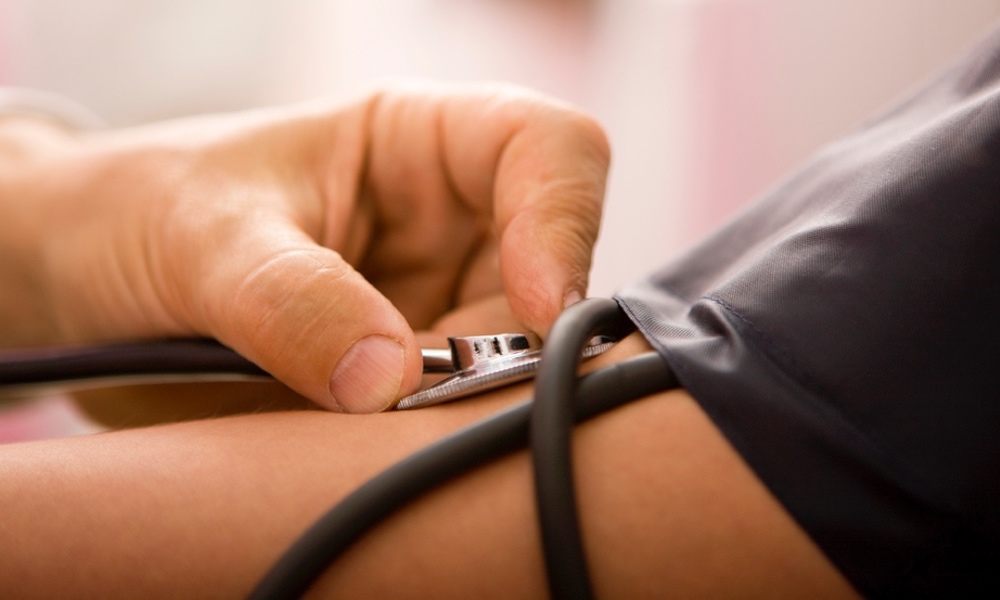When you take your blood pressure medications can make a big difference in how well they work. In one large recent study, people who took their blood pressure medication(s) at bedtime fared much better over the next six years than those who took their pills during the morning. While it's not clear that everyone would benefit from this type of switch, the differences were noteworthy.
Risk of death from heart or blood vessel problems was reduced by 66 percent, Spanish researchers found. The risk of heart attack was reduced by 44 percent, and risk of stroke was reduced by 49 percent.
Study authors attribute this mainly to an increased drop in blood pressure during sleep.People who took their blood pressure meds at bedtime had substantially fewer heart attacks, strokes and deaths from cardiovascular problems.
Ambulatory blood pressure readings consist of many blood pressure readings taken throughout the day, both as people move about and when they are at rest. People wear devices that record their blood pressure every 20 to 30 minutes, generally for a period of 24 hours. These ongoing readings can reveal fluctuations in blood pressure that aren't apparent in the one or two readings taken in a doctor's office.
The Hygia project takes this practice one step further by monitoring for a full 48-hour period.
The current study, which ran from 2008 to 2018, tracked over 19,000 people. All were of Caucasian Spanish origin and had been diagnosed with high blood pressure. In addition, all had to adhere to a routine of daytime activity and night-time sleep — there were no night owls allowed in this study.
Participants wore devices that measured blood pressure every 20 minutes during the day and every 30 minutes after 11 pm. These 48-hour-long sessions took place at the beginning of the study and at least once a year during the study. They were followed for an average of 6.2 years, and findings were adjusted for factors that might predispose them to heart disease, such as advanced age or cigarette smoking.
“Current guidelines on the treatment of hypertension do not mention or recommend any preferred treatment time,” said lead author, Ramon C. Hermida, of the University of Vigo. Most doctors tell patients to take their medication in the morning, he added, “based on the misleading goal of reducing morning blood pressure levels. However, the Hygia Project has reported previously that average systolic blood pressure when a person is asleep is the most significant and independent indication of cardiovascular disease risk, regardless of blood pressure measurements taken while awake or when visiting a doctor.”
The current study supports the earlier findings and extends them, he said, showing that people who take their medications at bedtime have their blood pressure under better control and, more importantly, have a much lower risk of death or illness from heart and blood vessel problems.
It remains to be seen if results would be similar for other ethnic groups. The authors call this need for wider validation the study's main limitation. It's also not clear if the same results would be seen in shift workers.
People in the study who took their meds at bedtime had an average systolic blood pressure while asleep that was over three points lower (118.0 to 114.7) than that of people who took their medication upon awakening, a difference that was statistically significant. Blood pressure while awake, both systolic and diastolic, was virtually identical in both groups.





